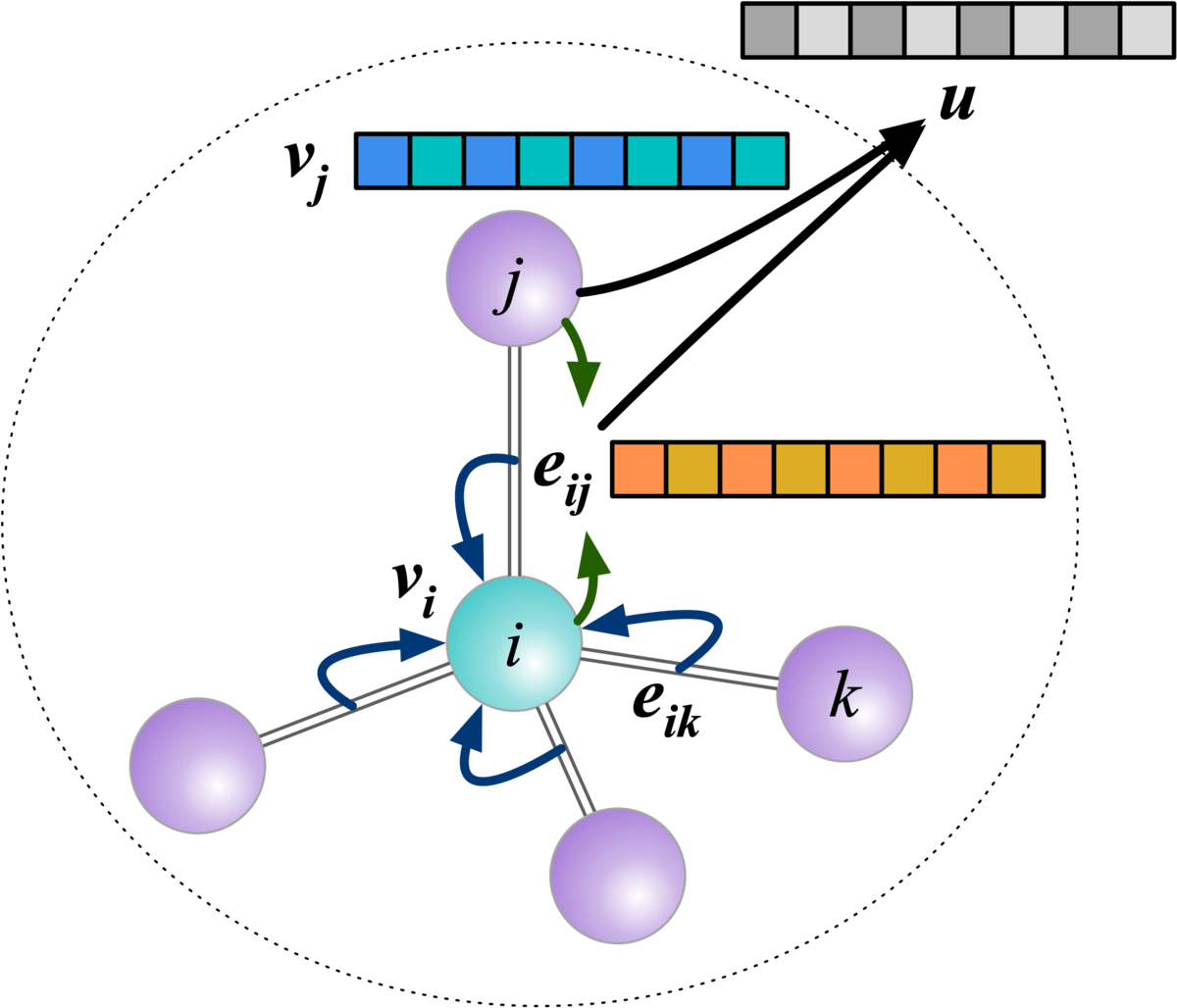Compositionally complex perovskite solid electrolytes
The Materials Virtual Lab is proud to be part of a collaborative work titled “Compositionally complex perovskite oxides: Discovering a new class of solid electrolytes with interface-enabled conductivity improvements” recently published in Cell Press Matter! This work was performed under the Materials Research Science and Engineering Center (MRSEC) at UC Irvine together with the groups of Prof Xiaoqing Pan @ UCI and Prof Jian Luo @ UCSD. Compositionally complex ceramics (CCCs), including high-entropy ceramics, offer a vast, unexplored compositional space for materials discovery. Here, we propose non-equimolar compositionally complex perovskite oxide (CCPO) solid electrolytes with improved lithium ionic conductivities beyond the limit of conventional doping. For example, we demonstrate that the ionic conductivity can be improved by >60% in (Li0.375Sr0.4375)(Ta0.375Nb0.375Zr0.125Hf0.125)O3-d. MAVRL group member, Ji Qi, developed a machine learning interatomic potential (MLIP) for this 7-component CCPO using an active learning protocol, and demonstrated this enhanced ionic conductivity can be attributed to enhanced GB diffusitivity that is related to the absence of Li depletion at GB regions, which is observed in the resistive GB of the LLTO. This work suggests new routes for discovering and tailoring CCCs for energy storage and many other applications. Check out this work here.


